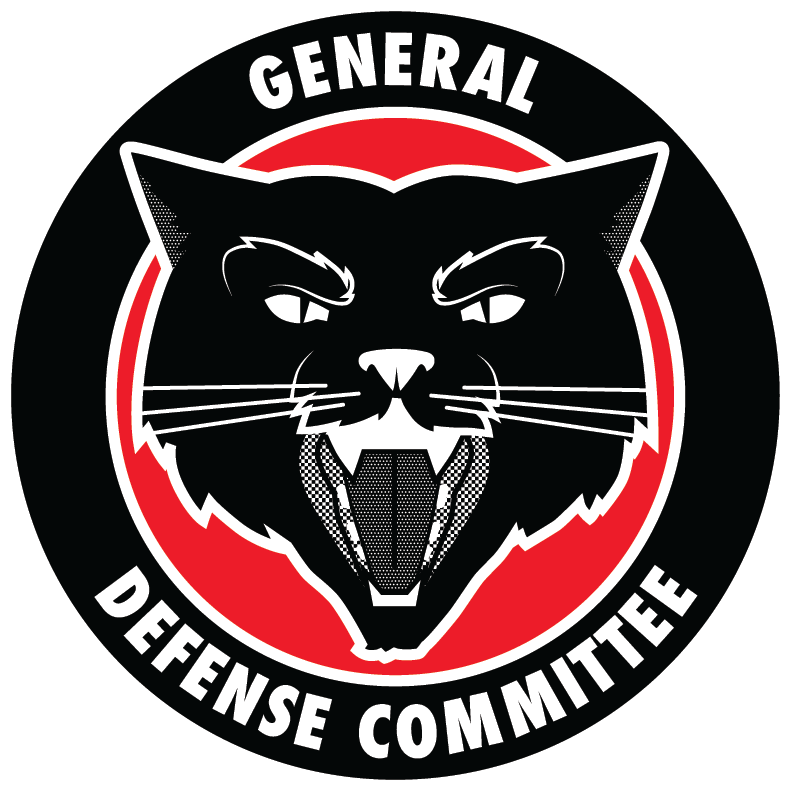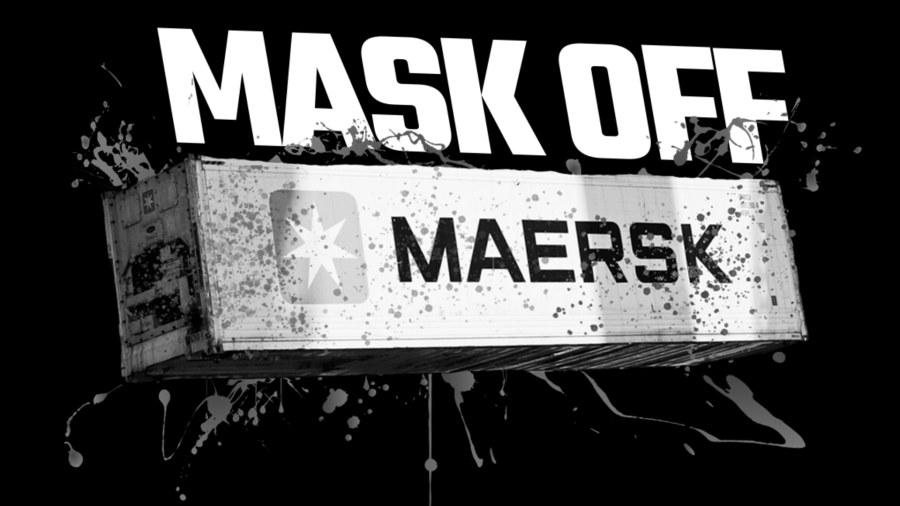August 1st marked 300 days of the escalated genocide against Palestinians in Gaza perpetrated by the Zionist entity known as “Israel.” In that time, close to 200,000 Palestinians have been killed by weapons provided by the U.S. and other western imperialist entities, as well as famine and medical crises manufactured by the blocking of humanitarian aid and the destruction of hospitals. And these are only the officially released numbers not accounting for the many more trapped under rubble, being disappeared in “Israeli” prisons, or simply overlooked by mainstream news.
Doing whatever is necessary to support the Palestinian resistance on the ground, organizations, coalitions, and action groups all over the world have been working to mobilize communities to put pressure on those responsible for facilitating this genocide — ranging from politicians to corporations across industries — to put an end to it. One such organization is the Palestinian Youth Movement (”PYM”), a transnational, independent, grassroots movement of young Palestinians and Arabs in exile worldwide. According to their website, PYM’s vision “is to mobilize Palestinian youth, strengthen our role and assume responsibility and accountability to our national struggle.” I recently spoke with Nada from PYM’s Detroit chapter about the organization, the Palestinian liberation struggle, as well as the “Mask off Maersk” arms embargo campaign launched earlier this year.
Nada, the daughter of a Nakba survivor, has been working for Palestinian liberation for as long as she can remember. “It’s been just a part of how we are raised. It’s a known aspect of our life that Zionism and imperialism has long lasting effects on how our people thrive or don’t thrive,” she responded when asked about her history with the movement. She joined the newly-forming Detroit chapter in 2018 during the Great March of Return where, over the course of twenty-one months, Palestinians in Gaza participated in a series of demonstrations demanding the lifting of the “Israeli” blockade on Gaza and the right for Palestinians to return to the lands they were exiled from. What she witnessed during that period and has continued to witness since then is something that anyone who has been to a pro-Palestine protest could also attest to: the diversity of interconnected struggles represented in those spaces. In reaching the youth of the Arab diaspora, PYM seeks to guide them to the understanding that the effects of imperialism impact people all over the world in different ways, including here in the U.S. through things like the violence of immigration laws, policing and mass incarceration, and even gentrification. Nada points to political education as the primary pathway for people to see these connections, “not just in spirit, not just because we feel similar pains, but materially…” She continued, “The imperial beasts we are trying to battle are one and the same […] be that in Detroit, or Cuba, or Congo, Yemen, Venezuela, Iraq, South Africa […] It’s not just that bad things are happening everywhere, but the same bad players are causing bad things to happen everywhere.”
Just as the events of 2020 shined a harsh light on the often intersecting issues of class disparity, ableism, and police violence, the past eleven months of this highly visible genocide have made the contradictions of imperialism even more apparent. In June of this year, following the People’s Conference for Palestine held in Detroit, PYM announced the “Mask off Maersk” campaign in an attempt to tap into this mass awareness and organize people around the need for an international arms embargo campaign. Much attention has been given to the role of weapons manufacturers like Lockheed Martin, Elbit Systems, and BAE Systems in upholding the war machine, and individual groups have made it a point to educate their communities about these entities and even take actions against them. However, leveraging a coordinated, multiphased attack against Maersk — a logistics company that transports 90% of the weapons “Israel” uses — could significantly inhibit the Zionist entity’s ability to carry out this genocide.
The campaign demands are:
- Maersk to end the transportation of weapons and weapons components.
- Maersk to cut all contracts that fuel the genocide of the Palestinian people.
The “Mask off Maersk” website states that “Since October [2024], Maersk has transported over $300 million of weapons components for the top 5 weapons manufacturers to the US for assembly.” These assembled weapons are then shipped to “Israel,” with 68% of their weapons coming from the U.S., usually through the Department of Defense.
At the moment, the campaign is in its popularization phase where the goal is to make Maersk a household name among the likes of Google, Amazon, and certain weapons manufacturers when it comes to their role in supporting the genocide of Palestinians. In just a few short months there has been an uptick in people recognizing the Maersk logo in public. This increase in awareness of how the war machine is working right under our noses is expected to push people to act. In fact, a few days before our interview, the Los Angeles chapter of the Palestinian Youth Movement alongside mobilized community members disrupted a blatant greenwashing ploy at the LA Port where Maersk was launching a zero-emissions ship. As the campaign develops and awareness spreads, tactics will evolve based on the conditions and local ties different chapters have to the company. In an area like Southeast Michigan, for instance, less emphasis is placed on shipping and PYM Detroit would instead focus more on the role of the trucking industry in Maersk’s operations.
“A win on the Maersk campaign is a win for all,” Nada said towards the end of our interview, returning to that theme of interconnectedness. “Likewise a win in Palestine is a win for all, just as a win in the Congo, Iraq, and so on is a win for all because you’re chipping away at the imperialist monster that has violently controlled many parts of the world with impunity.” This sentiment highlights how the feelings of powerlessness felt when confronted with the enormity of empire is by design; and how when we understand that we share a common enemy, the commitment to fight becomes less of an abstract idea and more of a concrete strategy.
To stay up-to-date on the “Mask off Maersk” campaign and find ways to volunteer with PYM Detroit, follow the @palestinianyouthmovement on social media. There they post the dates of their monthly volunteer meetings where community members from across Southeast Michigan come together to work on the campaign. Volunteers are also encouraged to canvas, as well as participate in tabling events, research, and propaganda creation.
Originally published in:


